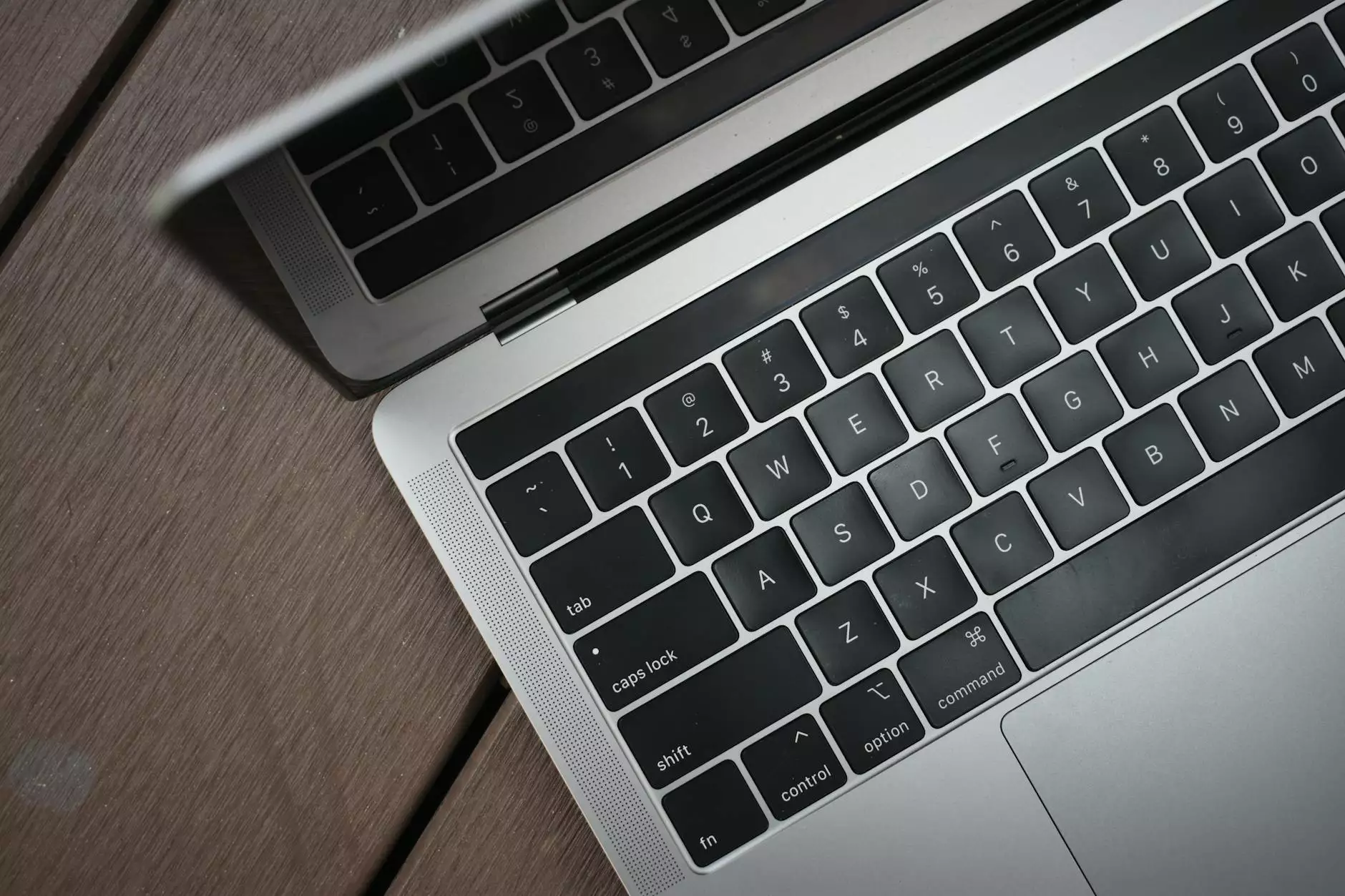Investing in Silver Bullion: A Comprehensive Guide

Silver bullion has long captivated the imagination of investors, collectors, and enthusiasts alike. Its appeal lies not only in its historical significance as a form of currency but also in its tangible value as a precious metal. As we navigate through the complexities of investment options, silver bullion offers unique advantages that make it an attractive choice for many. In this guide, we will delve deep into the world of silver bullion, exploring its benefits, types, investment strategies, and more.
What is Silver Bullion?
Silver bullion refers to silver that is at least 99.9% pure and is typically kept in the form of bars or coins. The term "bullion" specifically pertains to precious metals that are traded based on their weight and purity rather than their face value. While gold often steals the spotlight in discussions about precious metals, silver bullion is equally deserving of attention for several reasons.
The Historical Significance of Silver
Throughout history, silver has played a critical role in global economies. The use of silver as currency dates back thousands of years, with civilizations such as the Greeks and Romans using it extensively in trade. Its role in commerce established silver as a standard of wealth. Today, though we may use digital transactions, silver remains relevant in various forms.
- Ancient Civilizations: Silver was used as a form of currency and was highly valued in trade.
- Modern Use: Silver is vital in industries such as electronics, solar energy, and medical applications.
- Store of Value: Silver has consistently been viewed as a hedge against inflation and market volatility.
Why Invest in Silver Bullion?
The decision to invest in silver bullion can be influenced by several factors. Here are some compelling reasons:
1. Hedging Against Inflation
One of the primary reasons investors flock to silver is its ability to act as a hedge against inflation. As the value of paper currency decreases due to inflation, tangible assets like silver often retain their value, or even appreciate over time.
2. Portfolio Diversification
Including silver bullion in your investment portfolio can diversify your assets, reducing risk. It typically has a low correlation with other asset classes, including stocks and bonds, which makes it a strategic addition to your investment strategy.
3. Demand from Various Industries
Silver has numerous industrial applications, particularly in electronics, batteries, and solar technologies. The increasing demand for these technologies, along with silver's rarity, supports its growth potential as an investment.
4. Safe Haven Investment
In times of economic uncertainty or geopolitical turmoil, many investors seek refuge in precious metals. Silver, alongside gold, is often viewed as a safe haven, attracting capital during market downturns.
5. Potential for Price Appreciation
Historically, silver prices have shown the potential for significant appreciation, often more dramatically than gold during bullish markets. This volatility can present opportunities for savvy investors.
Types of Silver Bullion Investments
When considering investing in silver bullion, there are several forms to choose from. Understanding these options will help you make informed decisions:
1. Silver Coins
Silver coins are a popular choice among investors and collectors. These coins are typically minted by government authorities and carry a face value along with their intrinsic value based on silver content. Examples include:
- American Silver Eagle: A widely recognized coin that contains one ounce of .999 fine silver.
- Canadian Silver Maple Leaf: Known for its high purity and beautiful design.
- Austrian Silver Philharmonic: Another popular option reflecting European craftsmanship.
2. Silver Bars
Silver bars are available in various weights, ranging from one ounce to several hundred ounces. They are typically produced by private mints and provide a cost-effective way to purchase silver.
3. Silver Rounds
Similar to coins but not considered legal tender, silver rounds are privately minted and typically come in one-ounce denominations. They are often less expensive than coins but maintain high purity levels.
4. ETFs and Mutual Funds
For those preferring indirect exposure to silver, exchange-traded funds (ETFs) and mutual funds that track silver prices can be viable options. These financial products allow you to invest in silver without the need for physical storage.
How to Buy Silver Bullion
Purchasing silver bullion can be straightforward if you follow the right steps:
1. Research Your Options
Before making any purchases, conduct thorough research. Pricing can vary significantly between retailers, so compare multiple sources, including online dealers and local bullion shops.
2. Verify Credibility
Choose reputable dealers with positive reviews and transparent practices. Look for affiliations with recognized organizations, such as the Professional Numismatists Guild (PNG) or the American Numismatic Association (ANA).
3. Consider Storage Solutions
Investing in physical silver bullion requires a secure storage solution. Options include:
- Home Safe: A secure home safe designed for storing valuables.
- Bank Safe Deposit Box: Rental of a safety deposit box at your bank for added security.
- Third-Party Storage: Professional vault services that offer security and insurance.
4. Make Your Purchase
Once you’ve done your research and chosen a dealer, you can proceed to purchase. Ensure you understand their payment methods, shipping policies, and return procedures.
How to Store Silver Bullion
When you acquire silver bullion, proper storage is essential to protect your investment:
1. Keep It Dry
Silver is susceptible to tarnish, so keeping it in a dry environment is crucial. Avoid storing it in humid areas or directly exposed to moisture.
2. Use Appropriate Cases
Consider using airtight capsules or bags designed for silver storage to minimize exposure to air. If storing bars, padded storage containers can help prevent scratches.
3. Regularly Check Condition
Regularly inspect your silver bullion for any signs of tarnish or damage. Promptly address any issues to maintain its value.
The Future of Silver Bullion Investing
The future looks promising for silver bullion investments. With ongoing technological advancements and a consistent demand from various industries, silver's role in the economy will likely continue to grow. Whether for hedging against inflation, diversifying your investment portfolio, or seeking a tangible asset, silver presents a compelling opportunity.
Conclusion
Investing in silver bullion can be an enriching endeavor, both financially and personally. With its storied history, practical applications, and potential for growth, silver remains a key player in the world of precious metals. As you consider your investment options, remember the importance of doing your research and seeking out reputable sources. At donsbullion.com, we are committed to providing you with the highest quality gold, silver, platinum, and palladium bullion for sale. Embrace the world of silver bullion and seize the opportunity to bolster your financial future!









